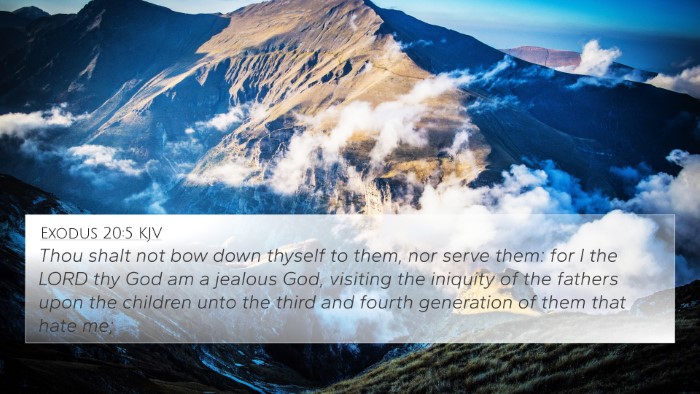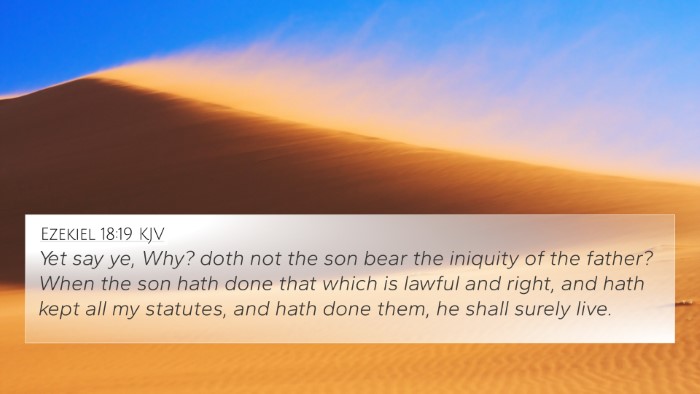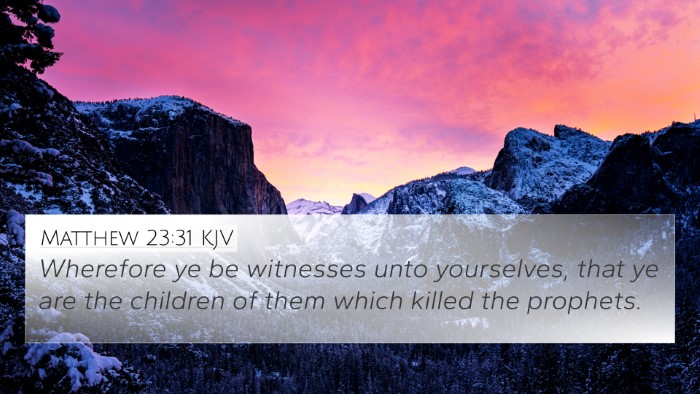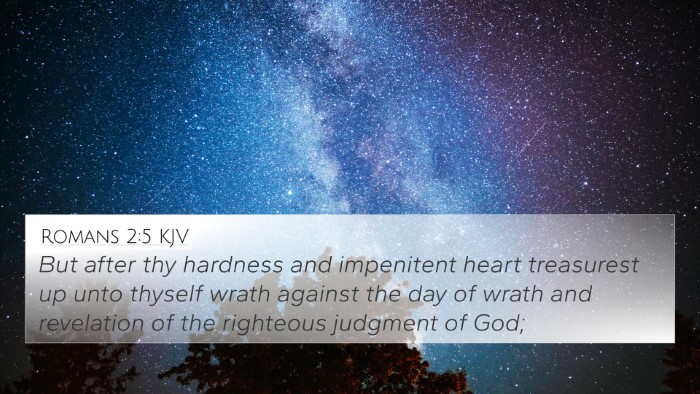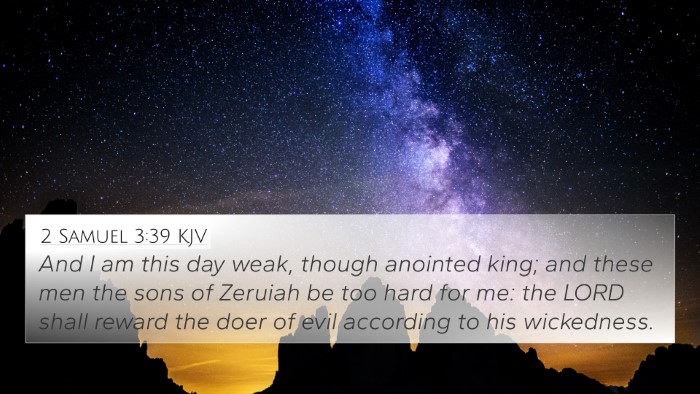Understanding Job 21:19
Job 21:19 states, "God lays up his iniquity for his children: he rewardeth him, and he shall know it." This verse brings forth significant themes regarding divine justice, the consequences of sin, and the theological perspectives on God's dealings with humanity, particularly in the context of suffering and retribution.
Summary of Insights
The verse reflects Job's assertion regarding the apparent prosperity of the wicked and the belief that God does not always punish transgressions in one generation but may pass judgment to future generations. This idea ties into broader themes found throughout the Bible concerning retribution and justice.
Commentary Insights
Matthew Henry explains that Job emphasizes God's delayed justice and the injustice perceived by the righteous when the wicked seem to thrive without repercussions. Henry notes that while iniquity may be carried over to one's descendants, it does not negate individual accountability before God.
Albert Barnes highlights the notion of divine retribution, suggesting that despite seeming impunity in life, divine justice will be served appropriately. Barnes elaborates on how this verse is a meditation on God's wisdom and the timing of His punishments, asserting that everyone will eventually see the consequences of sin in God's divine plan.
Adam Clarke discusses the implications surrounding the phrase "he rewardeth him," emphasizing God's justice is inevitable. Clarke points out that while the wicked might enjoy earthly pleasures, the essence of their guilt will inevitably lead to spiritual and moral decay, affecting not just themselves but their offspring as well.
Thematic Connections
Understanding Job 21:19 involves exploring various themes and concepts evident in scripture:
- Divine Justice: The tension between earthly prosperity and divine retribution is a recurring theme in biblical literature.
- Generational Consequences: The impact of sin on future generations is echoed in several passages, illustrating the enduring nature of God's justice.
- Human Suffering: Job's lament often connects to broader discussions of suffering in relation to God's righteousness.
Cross-References
Below are Bible verse cross-references that relate closely to Job 21:19:
- Exodus 20:5: "Visiting the iniquity of the fathers upon the children unto the third and fourth generation..." – Reflects the theme of consequences of sin.
- Psalms 37:28: "For the Lord loveth judgment, and forsaketh not his saints; they are preserved forever..." – Emphasizes God's enduring justice.
- Jeremiah 32:18: "Thou showest lovingkindness unto thousands, and recompensest the iniquity of the fathers into the bosom of their children after them..." – God’s dealings are just and purposeful.
- Ezekiel 18:30: "Therefore I will judge you, O house of Israel, every one according to his ways..." – Each individual's accountability before God is stressed.
- Romans 2:6: "Who will render to every man according to his deeds..." – This New Testament verse underscores the idea of divine justice and accountability.
- Proverbs 11:21: "Though hand join in hand, the wicked shall not be unpunished..." – Highlights the inevitability of punishment for the wicked.
- Galatians 6:7: "Be not deceived; God is not mocked: for whatsoever a man soweth, that shall he also reap." – Reinforces the retributive justice of God.
Conclusion
In interpreting Job 21:19, the cumulative insights from Matthew Henry, Albert Barnes, and Adam Clarke illustrate that the issue of divine justice is deeply woven into the fabric of the scripture. The connections between Bible verses reveal a consistent theological message regarding sin’s consequences and God’s ultimately equitable judgment.
Further Study
For those exploring the connections between these themes and other scripture, consider utilizing tools for Bible cross-referencing, such as a Bible concordance or cross-reference Bible study methods. These can provide deeper insights as to how Job's reflections align with God's overarching narrative within the Bible.
Understanding these connections can enhance your Bible study, enriching your comprehension of how different verses speak to one another, providing clarity on biblical themes and reinforcing the significance of Job’s words regarding divine justice and human accountability.



